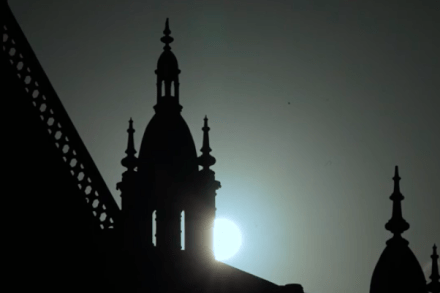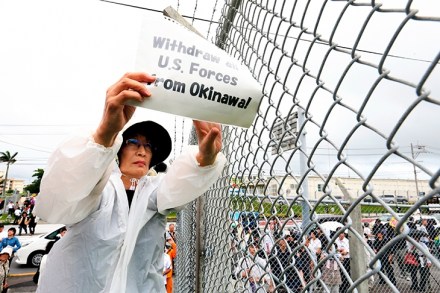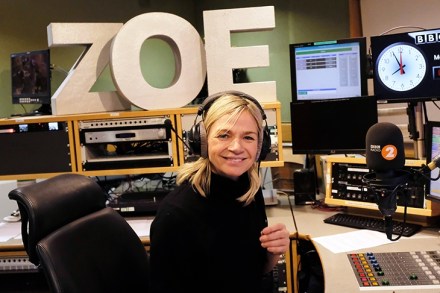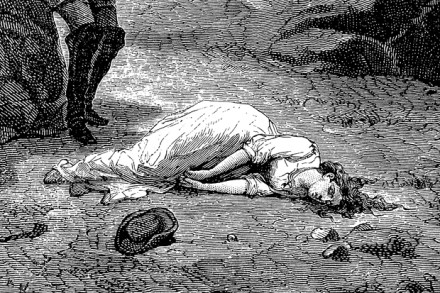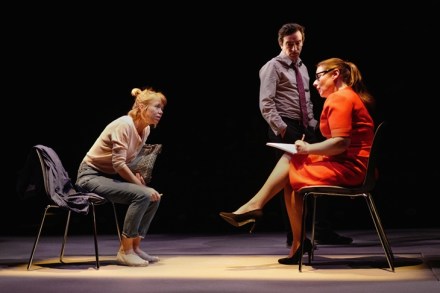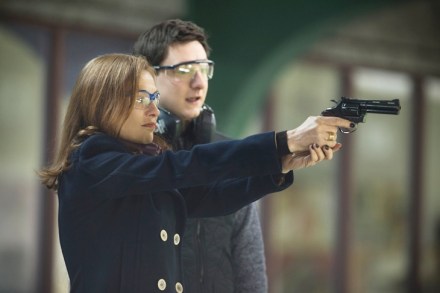Don’t blame private schools for failing to tackle ‘rape culture’
The allegations levelled against some of Britain’s top private schools have been deeply troubling. Dulwich College turns boys into sexual abusers, one former pupil has claimed. A ‘dossier of rape culture’ has been compiled by ex students at Westminster School; Latymer Upper School has reported sex abuse allegations to the police. These are just a handful of examples: Everyone’s Invited – an online campaign which invites young people to post anonymous testimonies of sexual assault and harassment – has over 4100 testimonies from girls as young as nine. For teachers like me who have taught sex education to 14 and 15 year old boys, these allegations are shocking but perhaps not surprising.
